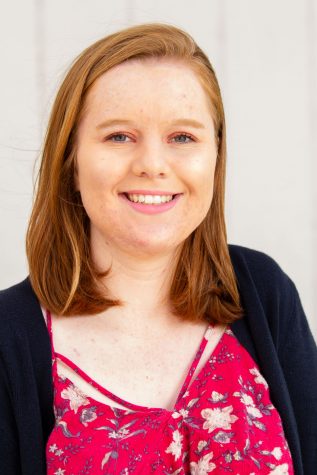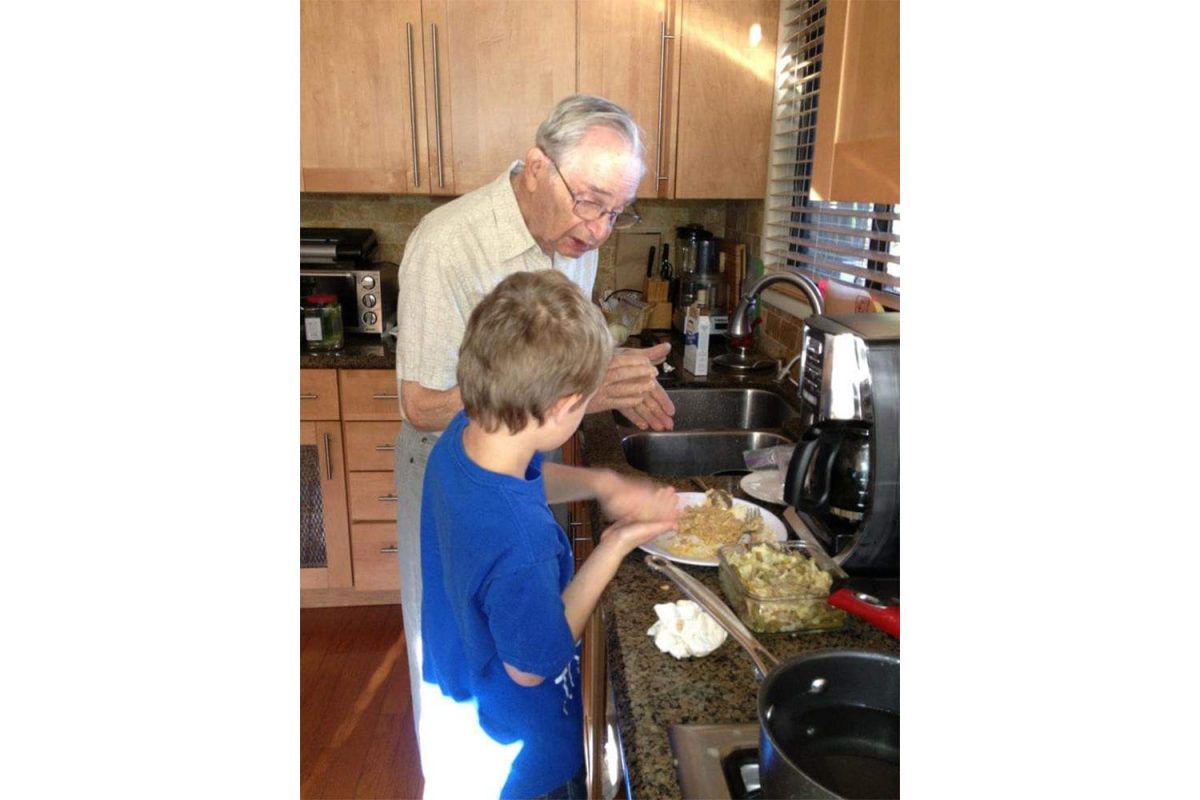 In a time when students’ educational plans are becoming more and more complex, it’s important that we remind ourselves that gap years are the future of social growth. Gap years are no longer defined by months of students galavanting around Europe, nor are they defined by the colleges that those same students plan to attend. Gap years have evolved to help students heal from the stress of high school and the realities of young adulthood.
In a time when students’ educational plans are becoming more and more complex, it’s important that we remind ourselves that gap years are the future of social growth. Gap years are no longer defined by months of students galavanting around Europe, nor are they defined by the colleges that those same students plan to attend. Gap years have evolved to help students heal from the stress of high school and the realities of young adulthood.
When I was 16, I thought I had it all figured out. I wanted to go to a great college right out of high school and study creative writing. I wanted to leave California and, for a few months, thought I actually would. Then, I got diagnosed with anxiety and panic disorder and I couldn’t fathom leaving home. My anxiety tied me to Los Angeles longer than I wanted it to, but that isn’t the only reason I took a gap year. I wanted to spend more time with my new puppy. I wanted to see my grandparents. I wanted to live in the room that, just the previous summer, I had redecorated with my mom.
Even if you don’t have an illness, you don’t have to leave home right away. Nobody, not even that pretty envelope that college acceptance letters come in, can tell you when it’s time to grow up.
I didn’t have any immediate plans for this gap year, but I knew that I was not healthy enough to go off to college. The thought of leaving literally made me sick. I had to relearn the most basic things, like how to leave the house and how to be in crowded spaces.
It was exhausting, and I would be lying if I said I didn’t hate every second of the recovery.
As much as I wanted to leave LA, it would have been more harmful to go than to stay. It took over a year of self reflection to see this, but I finally did.
I hated the helplessness, so I found ways to fight back against the pain that flooded my every thought.
I went to Chicago with my mom. We took the elevator to the top of the Willis Tower. We took a boat ride around Navy Pier. We went to two Cubs games and ate way too much deep dish pizza.
It was just a few days, but I loved every minute of it.
When I got back, I found a new ambition to get out of bed and explore my city. I started volunteering at an animal shelter. I applied to college again— new colleges that offered me new opportunities. I started mapping out my future and I finally felt unafraid of it.
Gap years are not uncommon, but they often come with a catch. You have to leave, and you have to go explore.
It’s time we flip that script.
High school teaches us that college is coming and you have to be ready for it. What they don’t teach us is how to handle its impending arrival if you, in fact, are not ready. They don’t teach you that it’s okay to be scared and anxious, but rather that your SAT score and GPA will define where you can and cannot go.
For a moment during my gap year, I worried that the lack of responsibility would become addictive, like a drug. I worried that my cute, one-year-old Jack Russell terrier would be all it would take to make me stay home forever.
There was a time when I hated the idea of coming to Santa Barbara. I didn’t want to, and nothing that my sister, a Santa Barbara City College alumna, could say would change my mind.
Until it did.
During my gap year, I met with an educational psychiatrist who dissected exactly how my anxiety was affecting my learning. I learned that I did bad on tests in high school because I would get too anxious halfway through and rush to finish. I learned that all the mini panic attacks that I would have during class ate away at my focus, to the point where I sat in silence, never entirely there.
The doctor said I should go off to school, but somewhere closer to home. Suddenly, my sister’s voice was back inside my head.
“Sarah, you should go to SBCC. Give it a chance, I think you’ll love it.”
By March of 2018, I had set aside my grand plans and decided to come to Santa Barbara. Here, I am close to home, but far enough away. I am in a town that I love that offers me chances to continually leave my comfort zone.
I don’t like admitting that I was wrong and my sister was right, but credit where credit is due.
For so long, the point of gap years has been to provide students with life experience, and that is still true. Gap years give young adults the opportunity to see the world before hitting the books for another four years.
That being said, gap years are not only about learning about the world, they are also about learning about yourself. They are about taking the time to step back and see what you could not see before.
I thought that I had a plan. I thought that I knew exactly what I was going to do after graduation but, often times, it’s the things we purposefully leave out of those plans that end up defining where we go, and what we do.








